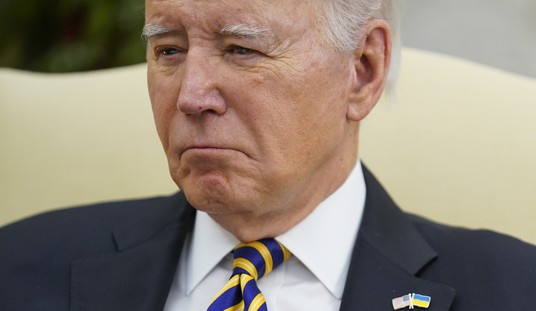Today’s Benghazi hearing has sparked a bit of conflict between GOP-led House committees that investigated the Sept. 11, 2012, terrorist attack.
At a House Oversight and Government Reform Committee hearing, Rep. Jason Chaffetz (R-Utah) asked retired USAF Brigadier General Robert Lovell, the former Deputy Director for Intelligence for the U.S. African Command (AFRICOM), about the military response to the assault on the diplomatic facility.
“It was desperation there… it was desperation to gain situational awareness and to be able to do something to save people’s lives,” Lovell said of the mood at the operational control room. “…Basically, there was a lot of looking to the State Department for what they wanted and the deference to the Libyan people and the sense of deference to the desires of the State Department in terms of what they would like to have.”
“We didn’t run to the sound of the guns? They were issuing press releases. We had Americans dying. We had dead people. We had wounded people. And our military didn’t try to engage in that fight. Would you disagree with that?” Chaffetz asked.
“Four individuals died. Sir, we obviously did not respond in time to get there,” Lovell said.
House Armed Services Committee Chairman Buck McKeon (R-Calif.), though, said in a statement after the hearing that Lovell wasn’t in a position to give such a perspective of the evening.
“I appreciate the service of Brigadier General Robert Lovell and his willingness to testify. He confirmed what my committee has understood for some time, that the military never believed this was a protest gone bad, and that the President fundamentally failed to posture our forces respond to any emergency in the weeks before 9/11,” McKeon said.
“Beyond those confirmations, BG Lovell did not serve in a capacity that gave him reliable insight into operational options available to commanders during the attack, nor did he offer specific courses of action not taken,” the chairman continued. “The Armed Services Committee has interviewed more than a dozen witnesses in the operational chain of command that night, yielding thousands of pages of transcripts, e-mails, and other documents. We have no evidence that Department of State officials delayed the decision to deploy what few resources DoD had available to respond.”
“In the end, while BG Lovell did not further the investigation or reveal anything new, he was another painful reminder of the agony our military felt that night; wanting to respond but unable to do so.”








Join the conversation as a VIP Member